
THREAD: damascus syria
LifeLine™ Media threads use our sophisticated algorithms to construct a thread around any topic you want, providing you with a detailed timeline, analysis, and related articles.
News Timeline

RUSSIA’S Shocking Attack on Ukraine: EU Calls for Tough Sanctions
— European leaders are outraged by Russia’s missile attack on Sumy, Ukraine, which killed 34 and injured 117. The strike happened during Palm Sunday celebrations, marking the second major civilian tragedy in just over a week.
Polish Foreign Minister Radek Sikorski slammed Russia’s actions as mocking U.S.-led ceasefire efforts. He urged President Trump to see Russia’s blatant disregard for peace initiatives.
Finnish Foreign Minister Elina Valtonen noted the attack followed talks between Trump’s envoy and Putin, showing Russia’s indifference to peace and human life. Lithuania called using cluster munitions a war crime.
French Foreign Minister Jean-Noël Barrot demanded strict EU sanctions against Russia to cripple its economy and stop its war efforts, stressing Putin’s refusal to end hostilities willingly.
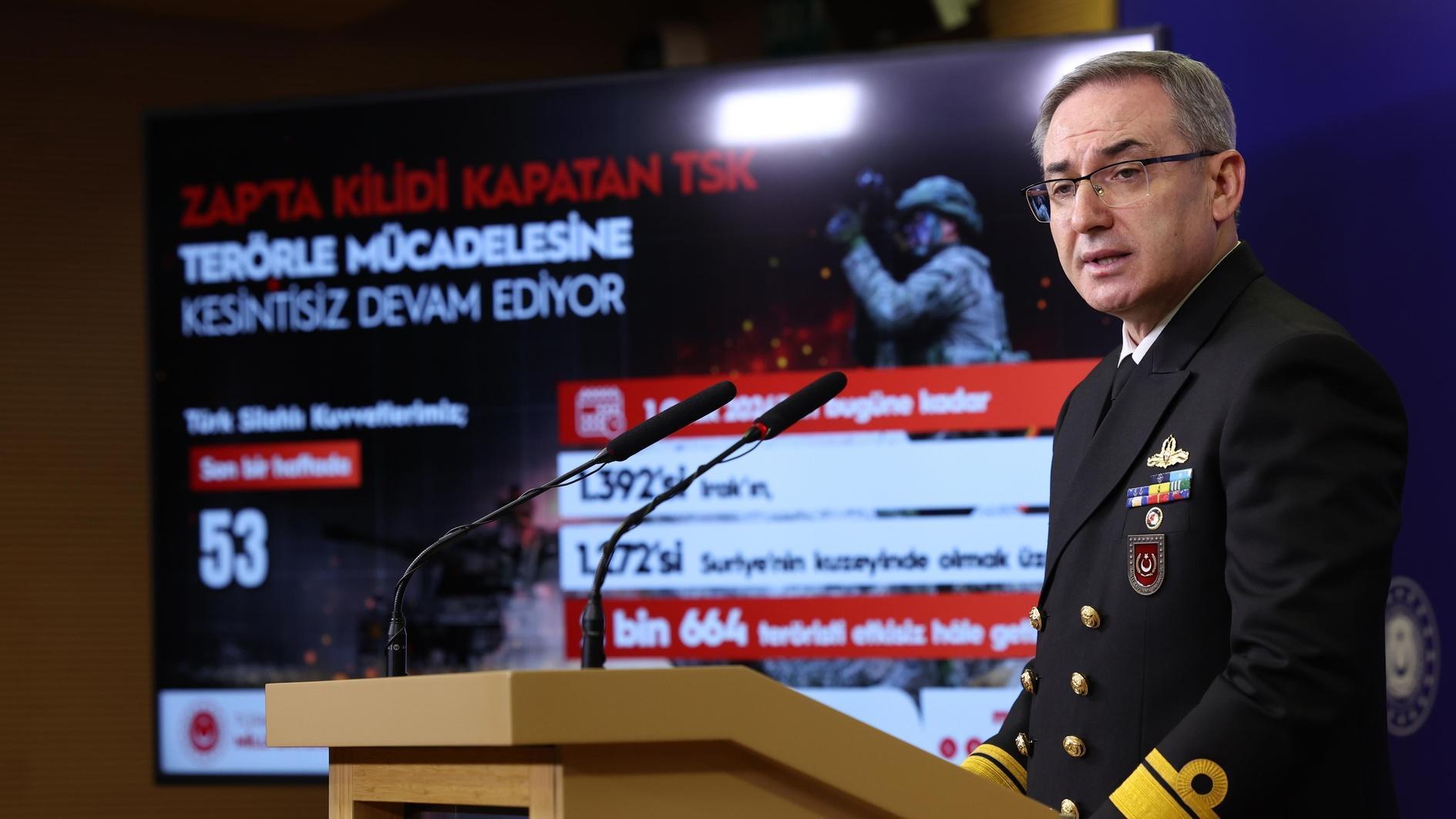
SYRIA CONFLICT Erupts: Over 1,300 Tragic Deaths in Coastal Chaos
— Fierce clashes in Syria’s coastal region have led to over 1,300 deaths as government forces battle Assad loyalists. The violence erupted on March 6 after an ambush on security forces, posing a significant challenge for the new Syrian authorities who took power in December.
The conflict has claimed approximately 1,311 lives, including civilians and security personnel. Latakia and Tartous are the most affected areas with bodies reportedly lining the streets. Residents have been urged to stay indoors as chaos unfolds.
The new government has launched a military operation to regain control and promises accountability for those responsible for the violence. Minority communities like the Alawites face heightened fears amid reports of revenge attacks and rising sectarian tensions.
International condemnation is widespread, with calls from countries like Germany for an immediate ceasefire and investigation into the clashes. The situation poses a serious threat to Syria’s stability post-civil war, raising concerns about further sectarian violence in the region.

SYRIA CLASHES: 200 Dead in Escalating Violence
— Over 200 people have died in Syria as government forces and Assad loyalists clash near Aleppo. This marks a big rise in violence amid growing dissatisfaction with the Assad regime.
Witnesses describe fierce battles with heavy gunfire and artillery, trapping civilians in the crossfire. Many are fleeing, while aid groups call for urgent access to help those affected.
International voices urge an immediate ceasefire and talks to resolve the conflict. Human rights groups demand accountability for the violence, condemning attacks on civilians.
This deadly confrontation is one of the worst since Syria’s civil war began in 2011, highlighting ongoing internal struggles and complex power dynamics among factions loyal to Assad.
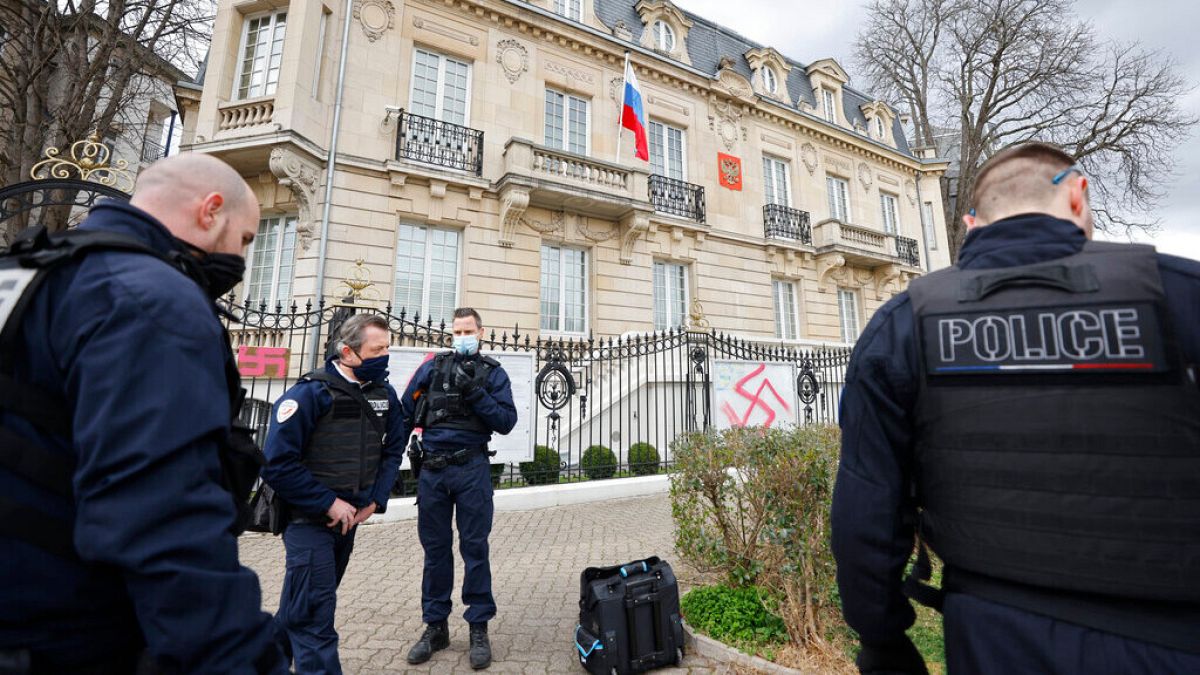
EXPLOSIVE DEVICE at Russian Consulate Ignites Fears in Marseille
— An EXPLOSIVE DEVICE went off outside the Russian Consulate in Marseille on February 24, 2025, sparking serious security concerns. Authorities quickly responded by sealing off the area and boosting security at diplomatic sites across the city. Thankfully, there were no immediate reports of injuries or casualties.
The explosion’s timing is crucial amid growing tensions between Russia and Western nations. The consulate has been a hotspot for protests against Russia’s military actions, especially its ongoing conflict with Ukraine. This incident highlights the unstable climate around Russian diplomatic missions in Europe.
Local officials condemned the attack as a threat to diplomatic safety, while Russia is expected to issue a formal response soon. These events could further strain French-Russian relations during these tense times.
French police have started an investigation to find those responsible for this attack and are conducting security checks to improve protection for foreign diplomats in France. This incident has sparked widespread concern about diplomat safety amid rising geopolitical tensions.

SYDNEY SHOCKED: Terrorists’ Explosive Plot Uncovered
— Police in Sydney found a caravan loaded with explosives. The blast could have affected a 40-meter area. Authorities are unhappy that this sensitive information leaked to the media.
NSW Premier Chris Minns urged Australians to report any tips to the police. He emphasized that violent, hate-filled attacks won’t be tolerated in Australia in 2025.
Authorities have detained suspects and are working with agencies like AFP Special Operation Avalite. They are investigating threats against the Australian Jewish community and aim to bring the perpetrators to justice.

GLOBAL CHAOS Unleashed: Lebanon, Congo, and More in Turmoil
— At least 22 people have died in Lebanon amid escalating violence and fuel shortages. Israeli forces clash with local armed groups as tensions rise. Reports suggest the situation worsened before an agreement to extend the Israeli withdrawal deadline was reached.
In the Democratic Republic of Congo, Rwanda-backed rebels have advanced into Goma’s outskirts. The government calls this a “declaration of war,” prompting thousands to flee as conditions worsen rapidly.
Sudan’s Darfur region witnessed a tragic hospital attack that killed around 70 individuals, according to WHO reports. This incident highlights ongoing instability and violence in the area.
Meanwhile, Qatar has brokered a deal for an Israeli hostage release and Palestinian return to northern Gaza amid high regional tensions. In Ukraine, Russian forces claim control over a strategic town in the east, potentially shifting conflict dynamics. Belarus faces election fraud accusations after its leader reportedly secured a seventh term in office, raising international concerns over legitimacy.

LEBANON CHAOS: 15 Lives Lost as Israel Talks Stall
— At least 15 people have died in Lebanon amid rising tensions. This violence erupted just before a deal was made to extend the deadline for Israeli troops to pull out.
The situation is tense as events unfold in the Israeli-Palestinian conflict, impacting nearby countries like Lebanon. The world is watching closely, urging for peace and aid.
This incident shows the ongoing instability in the Middle East, especially with recent clashes involving Israel and its neighbors. Calls for peace continue as the region struggles with constant conflict.
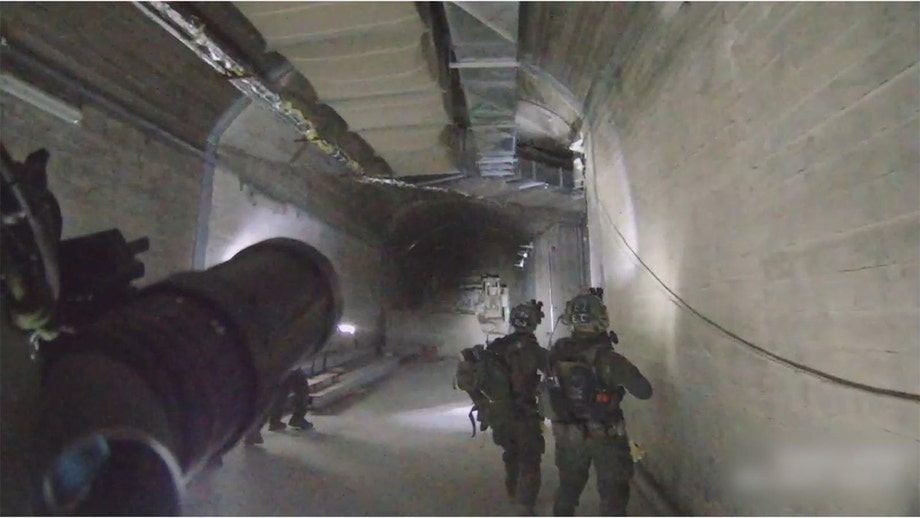
ISRAELI FORCES Strike: Secret Syrian Missile Factory Destroyed
— Elite Israeli forces carried out a bold raid in Syria, taking down an underground missile factory in September. The Israel Defense Forces (IDF) announced the mission on Thursday, calling it one of their most important operations lately. Dramatic footage showed commandos clearing the site before a huge explosion leveled the complex.
The facility was cleverly hidden within a mountain, showing its value to Syria’s military strength. During the mission, vital information about Syria’s chemical weapons program was also discovered. This finding highlights ongoing regional security issues and shows Israel’s dedication to stopping threats.

IRAN’S Year Of Struggles: Major Setbacks and Shocking Events
— Iran faced numerous challenges this past year. The fall of Syria’s Bashar al-Assad marked a major setback, weakening Iran’s influence in Gaza, Lebanon, and Syria. Its currency plummeted globally, and Israel severely damaged its proxy forces.
In April, tensions soared when Israel bombed the Iranian embassy in Syria. Iran retaliated with over 300 drones and missiles targeting Israel. However, a coalition of Israel, the U.S., Jordan, and Saudi Arabia intercepted nearly all threats successfully.
The death of former Iranian President Ebrahim Raisi in a helicopter crash added to Iran’s troubles. Raisi was seen as a potential successor to Supreme Leader Ayatollah Ali Khameini. Iranian officials blamed dense fog for the crash but it raised questions about internal stability.
Israel further showcased its reach by assassinating Hamas commander Ismail Haniyeh during his visit to Tehran for Iran’s presidential inauguration. This bold move highlighted ongoing regional tensions and underscored Iran’s vulnerabilities amid leadership changes and external pressures.

SYRIA’S NEW Rulers: Is a Taliban-Like Takeover Imminent?
— Bashar al-Assad was ousted from Damascus two weeks ago, ending his family’s five-decade rule. The insurgent coalition that toppled him was led by Hayat Tahir al-Sham (HTS), an offshoot of al-Qaeda. HTS leader Muhammad al-Jolani, with a $10 million FBI bounty, is attempting to rebrand as Ahmed al-Sharaa to distance from his terrorist past.
Western governments hope HTS will lead a more inclusive Syria and avoid an Afghanistan-like scenario post-U.S. withdrawal in 2021. However, HTS leaders’ admiration for the Taliban raises concerns about their intentions. The Taliban congratulated HTS on Assad’s overthrow, further complicating the West’s cautious optimism.
Despite designating HTS as a terrorist organization, European governments and the UN have reached out to them to prevent another Afghanistan situation. U.S. diplomats have also engaged with Syria’s new rulers for the first time since 2011, aiming to support Syrian civil society and envision a peaceful future for the country.
Outgoing Secretary of State Antony Blinken explicitly warned HTS against following the Taliban’s path on Thursday. The Biden administration is wary of repeating past mistakes and seeks assurances that Syria won’t become another stronghold for extremist rule under its new leadership.
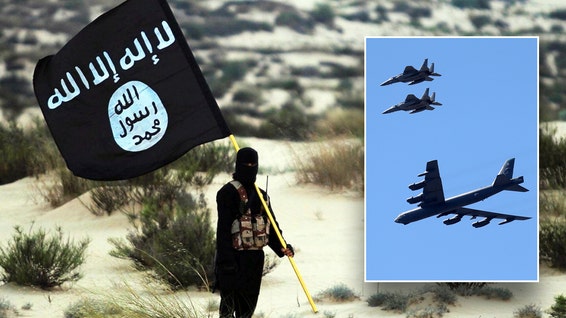
TURKISH ATTACKS on US Allies in Syria: A Looming Danger
— Gen. Mazloum Abdi of the Syrian Democratic Forces (SDF) told Fox News about ongoing Turkish attacks despite a U.S.-brokered ceasefire. The SDF, a key U.S. ally, guards 45,000 ISIS militants and their families in Eastern Syria. Gen. Mazloum said these attacks have severely hindered their counterterror operations.
Since Bashar Al Assad’s fall on December 8, Turkish aggression against the SDF has intensified. Gen. Mazloum warned that if Kurdish forces withdraw, ISIS could resurge in the region. Half of the fighters guarding ISIS camps have been pulled back to protect their families amid escalating violence from Turkey’s forces and allied groups like the Syrian National Army (SNA).
The situation is critical as prison guards at facilities like Raqqa are halved, leaving them vulnerable to potential ISIS breakouts. The U.S., with 900 troops stationed in Eastern Syria, faces a strategic dilemma if Kurdish allies retreat under Turkish pressure.
National Security Communications Adviser John Kirby emphasized maintaining focus on counter-ISIS missions while engaging with both SDF partners and Turkish counterparts to resolve tensions peacefully.

TURKISH ATTACKS Ignite Fears: US Allies In Danger
— In an exclusive interview with Fox News, Gen. Mazloum Abdi of the Syrian Democratic Forces (SDF) revealed ongoing Turkish military attacks on his Kurdish forces. Despite a U.S.-brokered ceasefire, Turkey continues its aggression, launching up to 80 drone attacks daily and heavy artillery shelling. This has severely hindered the SDF’s counterterrorism operations against ISIS in Eastern Syria.
The situation has worsened since Bashar Al Assad’s fall on December 8, with Gen. Mazloum warning of an ISIS resurgence if Kurdish fighters are forced to flee. He noted that half of the guards at ISIS camps have withdrawn to protect their families, leaving prisons like Raqqa’s in a precarious state with diminished security personnel.
Gen. Mazloum emphasized that all prisons remain under SDF control but are critically understaffed due to Turkish aggression. The U.S., which has 900 troops in Eastern Syria, may need to withdraw if the Kurdish forces retreat under pressure from Turkey’s military actions against what it perceives as terrorist threats from the Kurds.
National Security Communications Adviser John Kirby stated that maintaining focus on counter-ISIS missions is crucial and highlighted ongoing communication with both SDF partners and Turkish counterparts to address these tensions effectively.

ASSAD’S Fall Rocks Syria: Russia’s Strategic Nightmare
— The fall of Bashar al-Assad’s regime in Syria marks a major shift after 14 years of civil war. Assad, backed by Russia and Iran, has been ousted, leaving these powers to handle the fallout. This change challenges Russia’s strategic interests in the Middle East.
Russia aimed to maintain its influence in the region through military bases like Khmeimim and Tartus. With Assad out, these assets are now at risk. Rebekah Koffler calls this a strategic defeat for Russia amid its ongoing conflict in Ukraine.
Ksenia Svetlova from the Atlantic Council criticized Russia’s failure to keep its promises in Syria. She noted that Moscow’s abandonment of Assad makes it look like an unreliable ally, unlike U.S. support for Israel during crises. This perception weakens Russia’s position among Middle Eastern allies.
Former President Trump commented on the situation saying, “Assad is gone,” highlighting the rebels’ success against the longtime dictator. The event underscores shifting power dynamics and raises questions about future regional stability and alliances.

— Assad Granted Asylum in Russia Deposed Syrian president Bashar al Assad and his family have reportedly arrived in Moscow, securing asylum following his ousting

ASSAD FLEES as Rebels Take Damascus: A NEW Dawn for Syria
— Syrian leader Bashar Assad has fled the country after rebels seized control of Damascus, reports Reuters. Assad and his family have reportedly left Syria, though their destination is unknown. Syrian state TV aired a video statement announcing Assad’s overthrow and the release of all prisoners.
The statement urged opposition fighters and citizens to protect state institutions in “the free Syrian state.” It celebrated unity among Syrians of all sects and ethnic groups. Meanwhile, Prime Minister Mohammad Ghazi al-Jalali said he lost contact with Assad on Saturday night.
Celebrations erupted in Damascus as crowds gathered in central squares, chanting anti-Assad slogans and firing celebratory gunshots. The fall of the Assad regime marks a major shift in Middle East power dynamics after nearly 14 years of civil war.
This collapse ends over 50 years of Assad family rule in Syria, signaling a new chapter for a nation embroiled in conflict with Islamist rebels seeking change.
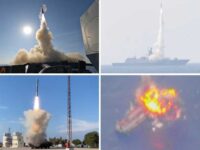
RUSSIA’S Military Drills in Syria: A Powerful Warning to Ukraine
— Russia recently held major military drills around Syria, showing off its naval and air strength. The exercises involved 1,000 personnel, ten ships, and 24 aircraft. This display is seen as support for Syria and a warning to Ukraine.
The Kremlin called the drills “joint” operations that follow international law. Footage showed modern frigates like Admiral Gorshkov with older Syrian missile boats. Russia also tested its Oniks anti-ship cruise missile during these exercises.
A key moment was the launch of a Zircon hypersonic cruise missile from a frigate, praised by President Putin as a “superweapon.” The Zircon can target ships and land installations. Moscow said another launch from the submarine Novorossiysk involved a Kalibir missile, used often against Ukraine.
These missiles worry Kyiv due to their nuclear capabilities and effectiveness in warfare. Ukraine keeps a close watch on Russian Kalibir-capable ships in the Black Sea as part of its defense strategy against Russian aggression.

US STRIKES on ISIS in Syria: A Powerful Blow to Terrorism
— U.S. Central Command (CENTCOM) announced a series of successful strikes on ISIS locations in Syria, eliminating up to 35 terrorists. The operation targeted multiple camps and took out several senior ISIS leaders, with no civilian casualties reported.
CENTCOM stated that these airstrikes will disrupt ISIS’s ability to plan and execute attacks against civilians, the U.S., allies, and partners in the region. The command emphasized its commitment to degrading ISIS’s operational capabilities alongside regional allies to ensure the group’s defeat.
This announcement follows an incident in Iraq where two U.S. service members were injured during an operation that killed at least seven ISIS operatives. Both service members are reportedly in stable condition as CENTCOM continues its efforts against terrorism in the Middle East.

— Sudan Dam Collapse: 30 Dead and 50,000 Homes Destroyed A devastating dam failure in Sudan has resulted in at least 30 fatalities and the destruction of homes for 50,000 residents, according to UN reports
— Iranian Consulate in Syria Destroyed by Israeli Airstrike, Resulting in Fatalities of Two Generals and Five Officers

— ‘Moscow Gunmen Advocate Ruthless Slaughter in Massacre Video’ Islamic State militants in Moscow concert hall massacre video urge each other to show no mercy, resulting in over 130 deaths

— Russia Unleashes New Zircon Missile: Experts Confirm Debris Found in Telegram Video Experts confirm the use of Russia’s new Zircon missile as a video on Telegram reveals debris believed to be from the weapon
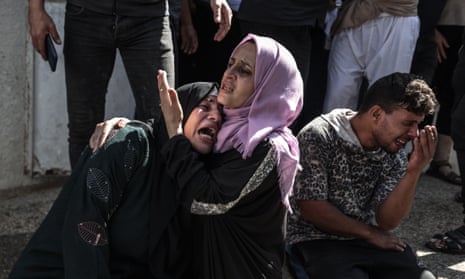
LEBANON STRIKES: Hezbollah’s Deadly Missile Attack Rattles Israel Amidst Gaza Conflict
— A lethal anti-tank missile, launched from Lebanon, claimed the lives of two civilians in northern Israel this past Sunday. This alarming incident has ignited concerns over a potential second front emerging amidst the ongoing clash between Israel and Hamas.
This strike marks a grim milestone — the 100th day of a war that has tragically taken nearly 24,000 Palestinian lives and forced approximately 85% of Gaza’s population from their homes. The conflict was sparked by an unexpected Hamas incursion into southern Israel last October, leading to around 1,200 fatalities and roughly 250 hostages.
The region remains on edge as daily fire exchanges persist between Israel and Lebanon’s Hezbollah group. Meanwhile, Iranian-backed militias target U.S. interests in Syria and Iraq as Yemen’s Houthi rebels threaten international shipping lanes.
Hezbollah’s leader, Hassan Nasrallah, remains defiant vowing to persist until a Gaza cease-fire is established. His declaration comes as countless Israelis evacuate northern border regions due to escalating aggression.
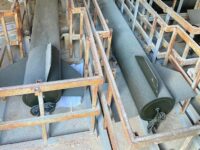
IDF UNCOVERS Massive Hamas Weapons Factory in Heart of Civilian Area: A Chilling Discovery
— The Israel Defense Forces (IDF) have made a startling discovery in the midst of conflict. They’ve unearthed the most extensive weapons production site since the war’s onset. This alarming facility was located in Bureij, a heavily populated civilian region situated in central Gaza.
IDF spokesman, Rear Admiral Daniel Hagari, disclosed that this clandestine factory is nestled 30 meters below ground level. It has been producing long-range rockets, mortar bombs, and components for unmanned aerial vehicles (UAVs). Intriguingly, it was constructed along the Tancher axis or Salah ad-Din Road — a route frequently used by humanitarian aid trucks.
Hamas ingeniously concealed its terror manufacturing facilities within civilian industrial spaces and along a humanitarian pathway. The IDF has effectively disassembled these facilities and is currently obliterating them.
As reported by The Times of Israel, these sites situated along Salah ad-Din road constitute the largest rocket manufacturing plant discovered to date on the Strip.

GAZA NIGHTMARE: Mizrahi Unveils Horrifying Hamas Atrocities
— Mizrahi, a U.S. citizen with Israeli roots, recently spoke at a crowded synagogue in Malibu, California. She recounted the harrowing experience her family faced during the October 7 Hamas attack on Kfar Aza, Israel. Her cousin and his daughter lost their lives while his wife and remaining children were abducted.
The Los Angeles Times confirmed that Mizrahi’s cousin Nadav Goldstein Almog and his daughter Yam were among the many victims in their kibbutz during the assault. Goldstein Almog’s wife Chen and their three children were among over 200 Israelis kidnapped and transported to Gaza.
A doctor who examined several freed hostages last month corroborated Mizrahi’s account to CBS News. He revealed that Hamas employed meticulously orchestrated psychological torture against the captives, including claims that Israel had ceased to exist. The family heard from survivors that they had been relocated to Hamas tunnels towards the end of their captivity where they encountered mistreated female hostages.
Maya and Dvir Rosenfeld managed to survive for 24 hours in their home’s safe room with their infant son during the Kfar Aza onslaught. They believe an open door led Hamas operatives to assume their home had already been targeted, thus escaping capture.

ISRAELI Raid on GAZA and US Strikes on Iran-Linked Sites in Syria: The Tense Standoff Escalates
— In a sudden move, Israeli forces carried out a brief but intense raid on northern Gaza. The military operation, which took place overnight, was aimed at Hamas fighters and their anti-tank weaponry. This action is seen as groundwork for a possible ground invasion, marking the third such Israeli raid since the conflict erupted.
Meanwhile, responding to drone and missile assaults on U.S. bases and personnel in the region, the U.S. military executed airstrikes early Friday morning. These strikes targeted two locations in eastern Syria associated with Iran’s Revolutionary Guard Corps (IRGC), according to Pentagon reports.
Arab leaders unitedly called for an immediate cease-fire on Thursday. Their plea aims to alleviate civilian suffering by allowing humanitarian aid into Gaza where residents are grappling with severe shortages of food, water, medicine while UN workers struggle with dwindling fuel supplies for relief missions.
The Health Ministry of Hamas-controlled Gaza reported that over 7,000 Palestinians have lost their lives in the ongoing conflict — an unverified figure thus far. On Israel’s end, there have been more than 1,400 casualties

Video
ISRAEL STRIKES Hezbollah: Lebanon Rocked By Explosions
— Israel’s defense minister, Yoav Gallant, has announced a “new phase” of the war against Hezbollah militants in Lebanon. Gallant praised the army and security agencies for their impressive results and emphasized the need for courage as military resources shift northward.
Lebanon is reeling from mysterious explosions targeting electronic devices like walkie-talkies and solar equipment. These incidents follow previous pager explosions that killed nine people and injured 300, heightening fear among the Lebanese population.
Explosions disrupted a funeral in Beirut for Hezbollah members killed by earlier pager blasts, causing further damage in Sidon. The strategy appears aimed at destabilizing Hezbollah’s communication infrastructure and creating chaos within its ranks.
The situation remains tense with potential for broader regional conflict growing. As both sides prepare for intensified warfare, the humanitarian impact on civilians looms large, highlighting the urgent need for diplomatic intervention to prevent further bloodshed.
More Videos
Invalid Query
The keyword entered was invalid, or we couldn't gather enough relevant information to construct a thread. Try checking the spelling or entering a broader search term. Often simple one-word terms are enough for our algorithms to build a detailed thread on the topic. Longer multi-word terms will refine the search but create a narrower information thread.
Politics
The latest uncensored news and conservative opinions in US, UK, and global politics.
get the latestLaw
In-depth legal analysis of the latest trials and crime stories from around the world.
get the latest
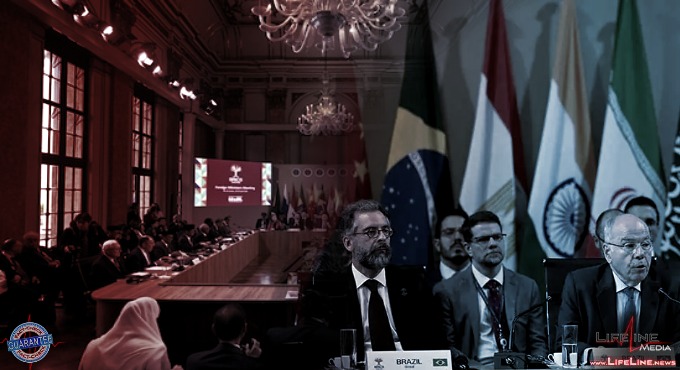
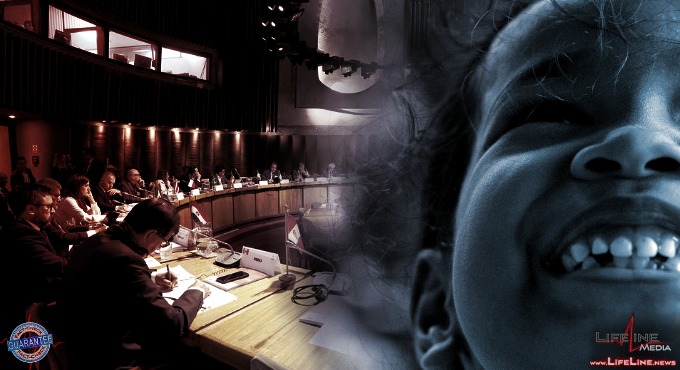
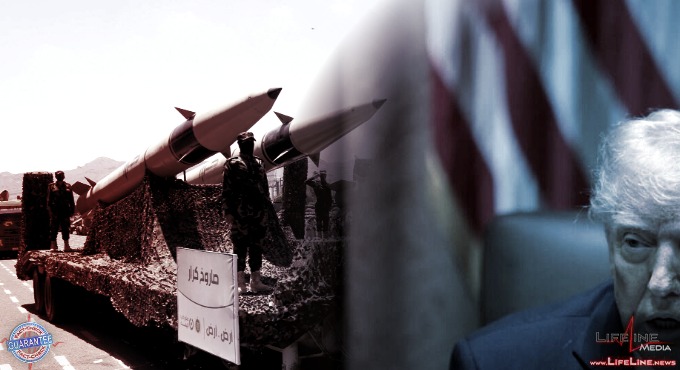

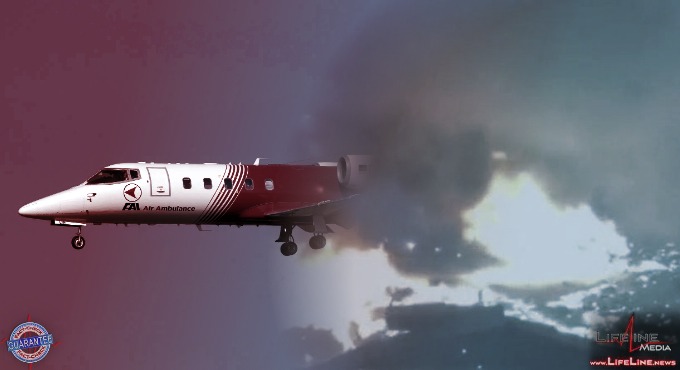
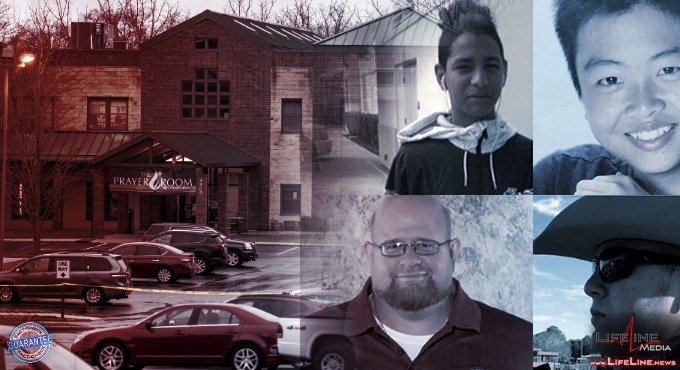
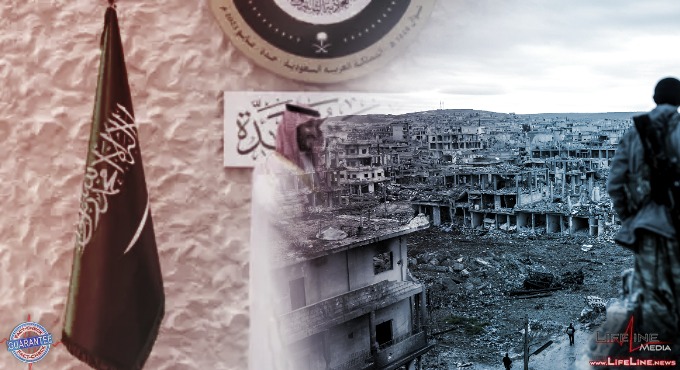
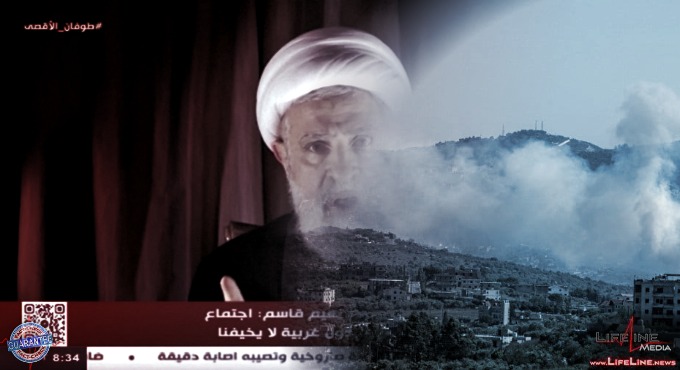





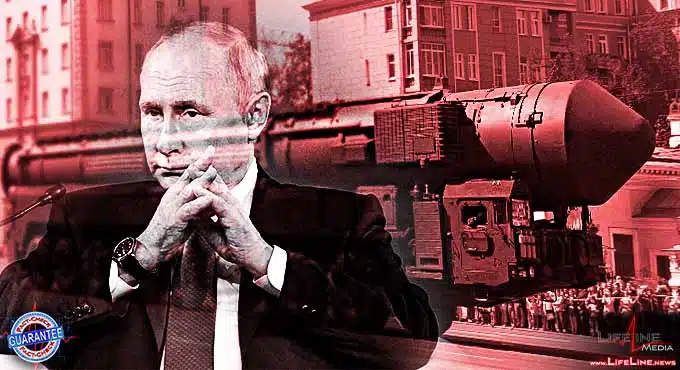
Social Chatter
What the World is SayingThe Old City walls in #Jerusalem lit up tonight in honor of Israel’s fallen. We carry their light with us — always. 📸 @ArnonBossani @Jlm_city
. . .Moments ago, Israel came to a standstill, honoring the memory of our fallen. They are always in our hearts. 🕯️💔 📸 @ArnonBossani / The Western Wall, Jerualem
. . .Another day, another Hamas exploitation of “humanitarian aid.” IDF forces found a Hamas weapons stash hidden inside UNRWA bags — just 80 meters from a school and 100 meters from a hospital...
. . .Another day, another Hamas exploitation of “humanitarian aid.” IDF forces found a Hamas weapons stash hidden inside UNRWA bags — just 80 meters from a school and 100 meters from a hospital...
. . .🚨 Sirens sounded in southern Israel following a projectile that was launched from Yemen. The details are under review.
. . .